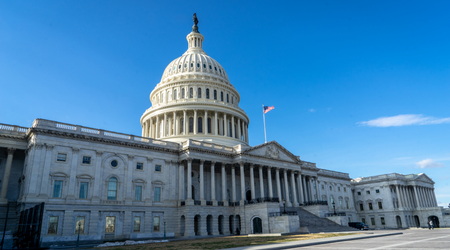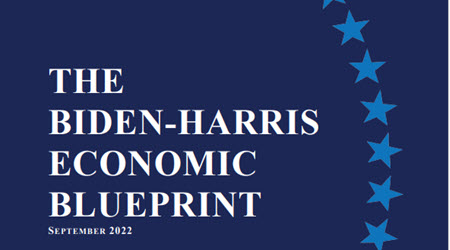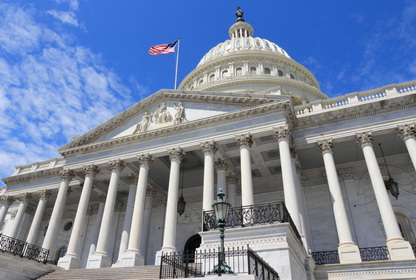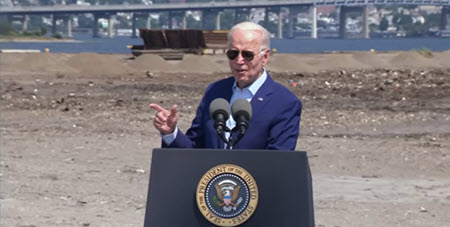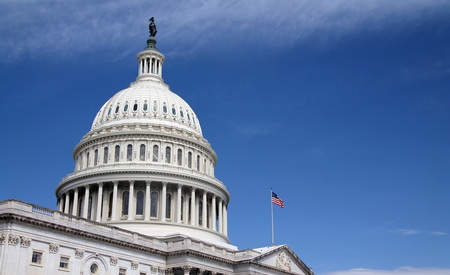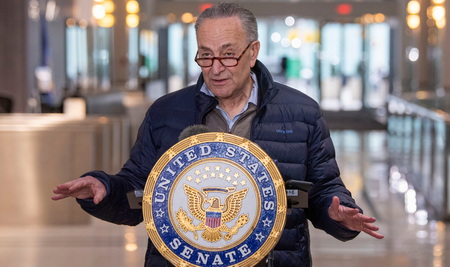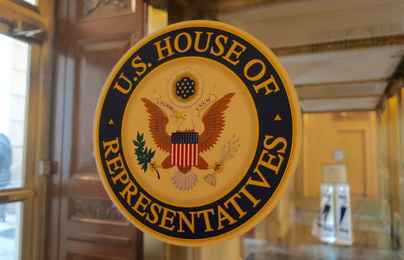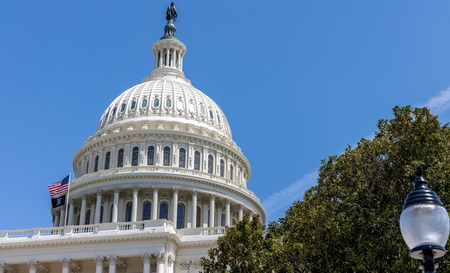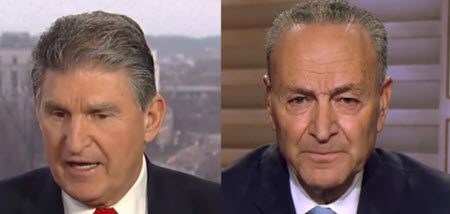
Congress reached an impasse on a government spending package this week, leaving lawmakers with limited options before Dec. 16 when the expiration of current funding would cause a partial shutdown. Policymakers may opt to pass a short-term Continuing Resolution (CR) to fund the government at current levels while they attempt to reach an agreement by year-end on a massive “omnibus” package—which could include tax, affordable housing, and other measures important to commercial real estate. (Roll Call, Dec. 8 and Roundtable Weekly, Dec. 2)
Funding Logjam
- Policymakers are reportedly gridlocked over $26 billion in non-defense, domestic spending that would be part of an estimated $1.7 trillion overall funding bill. Both sides have agreed on $858 billion for defense spending. (PoliticoPro, Dec. 7 and CQ, Dec. 8)
- With the clock ticking, Democrats may introduce their own omnibus proposal next week with measures designed to attract the 60 votes needed to pass the Senate, along with a full-year CR. (Punchbowl, Dec. 8)
- If an agreement cannot be reached, Democrats may forego new legislation in favor of a one-year CR that would freeze government funding at current levels and allow certain tax policies to expire. Some House Republicans are urging their colleagues to take another course—wait until early next year when they assume majority control and can exert greater influence over funding negotiations with the Senate’s Democratic majority. (Washington Post, Dec. 8)
Other Policy News

- Senate Democrats on Tuesday voted unanimously to re-elect their entire leadership team to another term for the 118th Congress, with Majority Leader Chuck Schumer (D-NY), above right, at the helm.
- Today, Schumer stated that Sen. Kyrsten Sinema (D-AZ), above, will keep her committee assignments after she registered as an independent and published an op-ed in the Arizona Republic about why she is leaving the Democratic Party. (The Hill, Dec. 8 and Dec. 9 | Wall Street Journal, Dec. 9)
- Sinema suggested her decision would not affect the power balance in the Senate because she will not caucus with Republicans and her voting behavior will not change. (Politico, Dec. 9)
Separately, the Treasury Department’s recently released, initial guidance on labor standards for companies to qualify for increased incentives in the Inflation Reduction Act (IRA) will be the focus of two Department of Labor webinars next week. Register for the Wednesday, December 14 or Thursday, December 15 webinars, both scheduled for 1pm EST. (Roundtable Weekly, Dec. 2)
# # #







